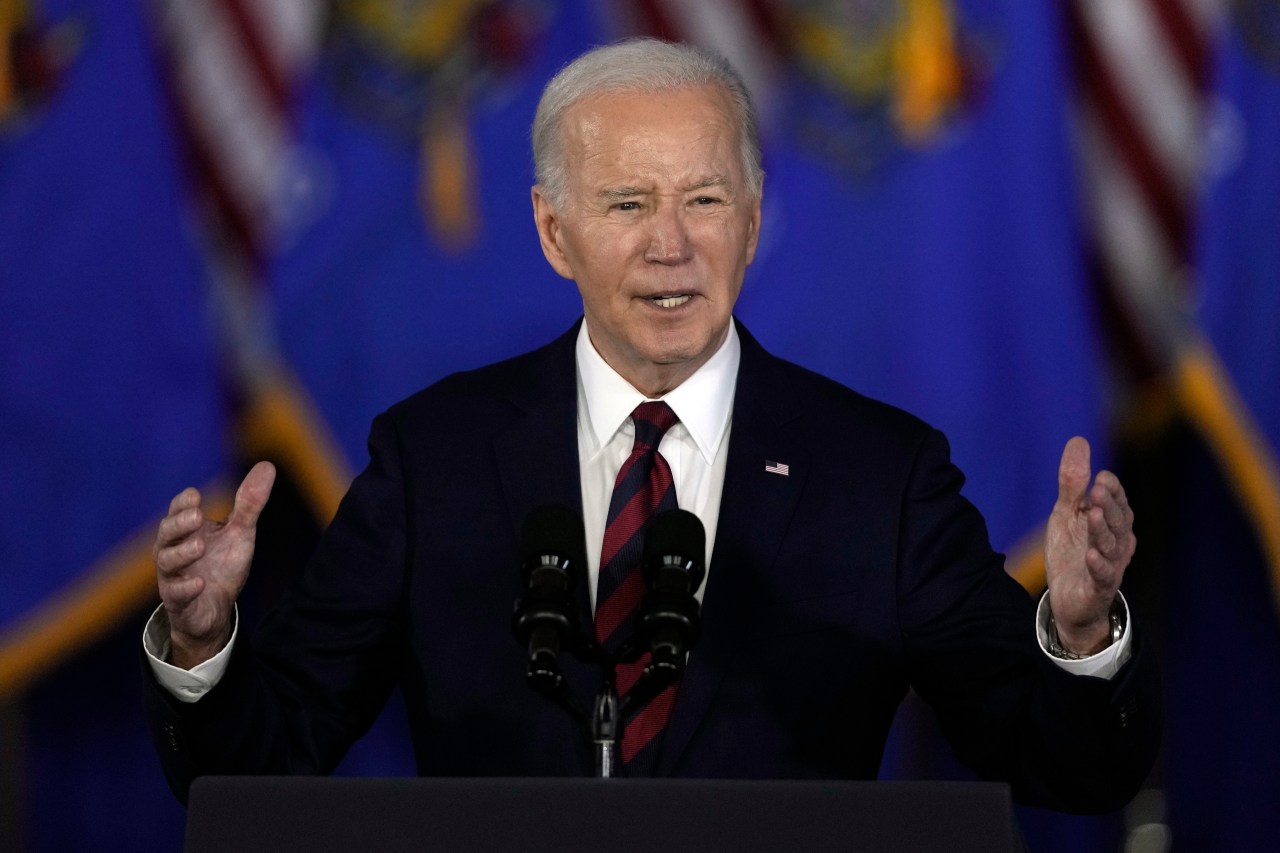A president’s budget proposal is seldom passed into law. Instead, it’s an expression of the priorities the president promises to fight for, often coming on the heels of an agenda laid out in the State of the Union address.
In his recent State of the Union speech, President Biden previewed his economically populist priorities when he said “the days of trickle-down economics are over.”
Trickle-down refers to the idea that tax cuts for the wealthiest “trickle down” to the rest of us. It’s long been a popular idea in Washington, but it’s just not true. A few years ago, the London School of Economics studied 50 years of such “trickle-down” policies in 18 industrialized nations, including the U.S., and found that their only result was increasing the wealth of the already wealthy.
So how do we get prosperity for the rest of us? By taxing extreme wealth and investing those revenues in social goods like education, housing, food and health care. President Biden’s recently released federal budget plan follows that blueprint, putting the value of investing in American families and communities ahead of slashing taxes for the rich.



Internationally, the US is the main party holding back improved taxation of corporations. In October 2021, the US struck an international deal to revamp global rules on corporate taxation, based on two pillars: getting corporations to pay tax in countries where they do business, and a global minimum corporate tax. Now the US looks set to renege, due to bipartisan opposition in Congress over US multinationals getting taxed overseas.
Even though the Biden administration spearheaded the original deal, they’ve been MIA getting it ratified. Understandably, other countries worry that the US intends to watch them raise taxes while doing nothing in return. To avoid getting backstabbed, some are looking to impose unilateral digital taxes. And the US has threatened these countries, calling the measures unfair discrimination against US companies.